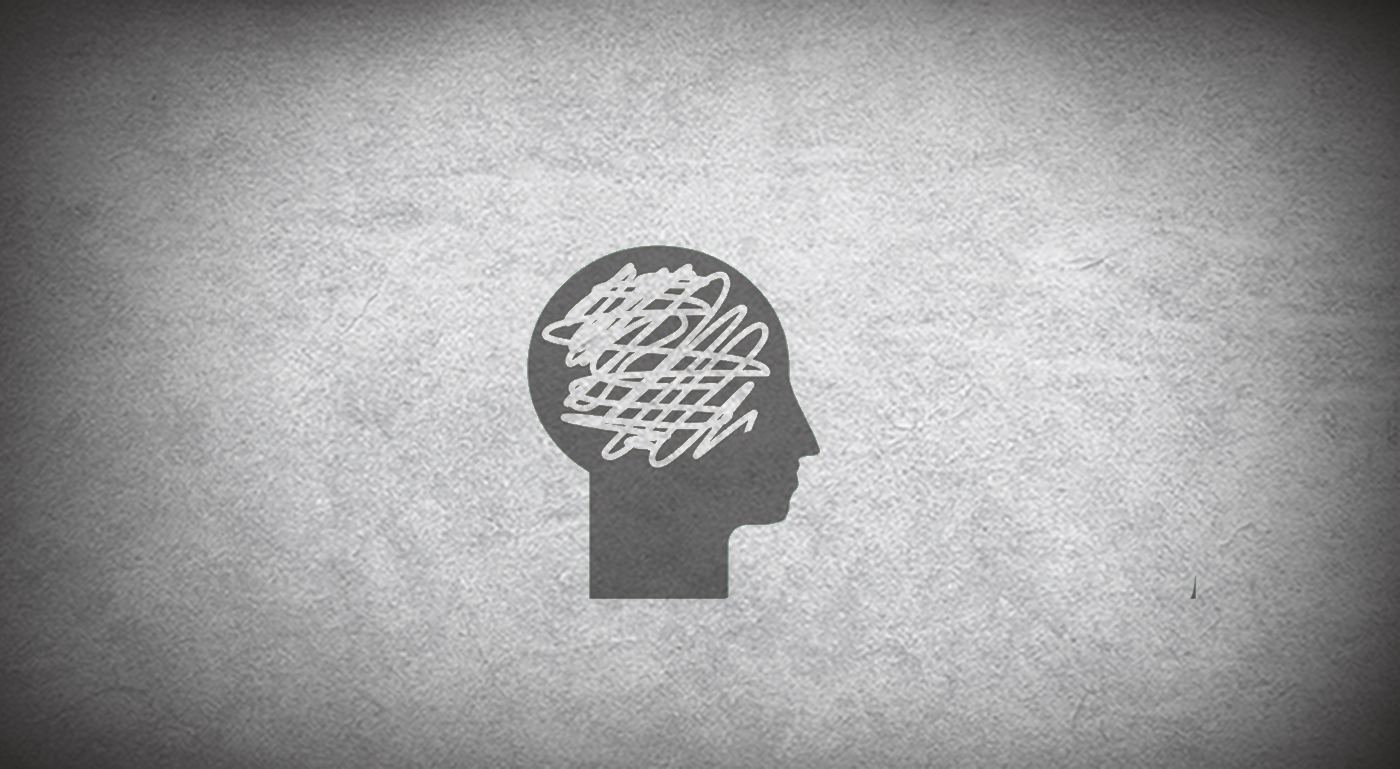
The Anxiety of Idolatry
Lately, I've been wondering if we've given adequate consideration to the relationship that exists between idolatry and anxiety. Many rightly cite reasons to separate the one from the other (i.e. physiological problems, mental problems etc.); but in our Lord’s teaching in Matthew 6, he clearly links certain forms anxiety to idolatry. Consider the following:
First, our Lord had been teaching about people who desired reputation and glory from men (Matt 6:1-19). He implicated the Jewish leaders for giving alms, praying and fasting so that they could receive glory from men. They were worldly-minded hypocrites whose chief desire was to be acknowledged as something or someone. Then our Lord proceeded to teach about earthly and heavenly priorities: earthly or heavenly treasures (6:19-21), what our sight is set upon (i.e. light or darkness) (6:22-23) and what or who we love (6:24)? Our Lord concludes by insisting that what we treasure and set our sights on is actually what we truly love. He said “No one can serve two masters, for either he will hate the one and love the other, or he will be devoted to the one and despise the other” (6:24).
Here is the connection between idolatry and anxiety. In the next verse (v. 25), Christ says “Therefore I tell you, do not be anxious about your life." The importance of this principle is highlighted by the fact that Jesus repeats it in vs 31 and 34, as well as by the fact that each time he teaches it he prefaces it with the word therefore (e.g. “Therefore, do not be anxious…”). The word therefore is all important, as is the position of Christ’s teaching on anxiety in the Sermon on the Mount--following as it does, the teaching on those who pursue earthly treasures.
Having taught that earthly treasures are susceptible to moth, rust and thief (Luther calls these three “miserable watchmen to put in charge of treasures”).1 Christ implies that pursuit of them ultimately leaves the pursuer empty. Moreover, he teaches that as we strive for earthly pleasures they end up darkening our hearts and ultimately captivating them – we end up loving them and not God. However, chasing idols, is an empty business. Not only are they “here today and gone tomorrow” but they do not satisfy, they do not pacify, they do not fulfill. Only Christ does that. It is in this context that Christ then says “Therefore I tell you do no be anxious about your life…” (v25).
What is the connection? Consider these few points:
- Pursuit of earthly priorities / idols cannot satisfy human desires. Being made for greater things, the pursuit of money, leisure, status, power, reputation, sex etc., cannot satisfy a human soul.
- Pursuit of them momentarily satisfies, but always leaves the idolater seeking for more. Idolatry is like chasing the wind.
- That idolatrous pursuit Jesus connects with anxiety: the more you seek, the less you have, the more anxious you become and before long, anxiety, stress and depression are a way of life.
- Anxiety then (in this context) is a direct result of an idolatrous heart.
Our Lord also provides several arguments by which we ought to re-examine our priorities, and settle our hearts during times of anxiety:
- We ought not to worry about food, drink or clothing because life is “more than food and the body more than clothing”. He is calling us to see the deeper, spiritual realities of life in Christ.
- Consider the birds of the air are provided for by our heavenly Father. Are we of not more value than they?
- Can you, by anxiety, add a day to your life? The implication ism don’t be anxious about life.
- Consider the lilies, which do not labor, but are resplendent in their glory and which God clothes: will He not also clothe his children?
- Unbelievers are anxious, would you be like them?
- Your Father in Heaven knows your needs, why then be anxious about it?
- If your priorities are true and you seek first the Kingdom, God will add all that you need to you.
- Finally, sufficient are the matters for the day ahead, so why worry about tomorrow?
The Lord Jesus Christ provides us with the great tonic to anxiety and idolatry: ensuring that our priorities are heavenly, that our treasure is in heaven (6:19), that our eyes are full of light (6:22) and that we love our Lord. He instructs us to “seek first the kingdom of God and his righteousness, and all these things shall be added unto you.” Setting our minds on things above (as Paul says in Colossians 3) is the sure way to a life of peace and blessedness and a certain tonic to anxiety.
1. Martin Luther, Luther’s Works, Vol. 21: The Sermon on the Mount and the Magnificat, ed. Jaroslav Jan Pelikan, Hilton C. Oswald, and Helmut T. Lehmann, vol. 21 (Saint Louis: Concordia Publishing House, 1999), 168.
Christward Collective is a conversation of the Alliance of Confessing Evangelicals. It is supported only by its readers and gracious Christians like you. Please prayerfully consider supporting Christward Collective and the mission of the Alliance.




















 © Alliance of Confessing Evangelicals
© Alliance of Confessing Evangelicals


